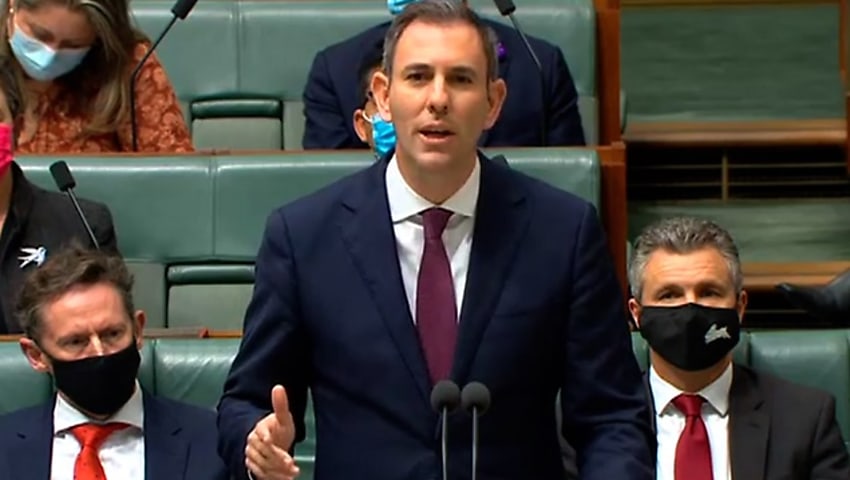Treasurer Jim Chalmers has handed down what is his second budget, with a surprise surplus, but what does it mean for Defence in light of the recently released Defence Strategic Review?
To continue reading the rest of this article, please log in.
Create free account to get unlimited news articles and more!
While it could be argued that defence had its day a little over a fortnight ago with the release of the long awaited Defence Strategic Review, ultimately none of the restructuring, reprioritisation and modernisation efforts outlined in the review is achievable without the Federal Budget.
The Government reinforced its commitment to delivering on the recommendations of the Defence Strategic Review, with plans to commence the work to deliver Australia’s nuclear-powered submarine program, Defence spending as a proportion of GDP will lift above its current trajectory to be 0.2 per cent higher by 2032-33.
As part of this, the Government announced it would invest more than $19 billion to implement the immediate priorities identified in response to the Defence Strategic Review, namely:
- $9 billion for the nuclear-powered submarine program through AUKUS;
- $4.1 billion for long-range strike capabilities;
- $3.8 billion for northern base infrastructure;
- $400 million to support Australian Defence Force personnel through a new continuation bonus; and
- $900 million on defence innovation, to establish the Advanced Strategic Capabilities Accelerator and through AUKUS Pillar 2.
Deputy Prime Minister and Defence Minister, the Hon Richard Marles said, "The Albanese Government has made no secret that we are willing to make the hard decisions in order to get the best outcome for our ADF. Ultimately, Defence spending will grow over the medium term, which is in line with the strategic circumstances."
The Government also confirmed as expected a reprioritisation of the Integrated Investment Program worth $7.8 billion, and will also deliver the first National Defence Strategy, to be delivered in 2024.
"Implementation of the Defence Strategic Review represents the most substantive transformation of Defence in over 30 years, requiring whole-of-government and whole-of-nation uplift to ensure we have the ability to defend not only the nation, but our interests," the Government stated.
The Government reinforced its commitment to developing the skilled defence industry workforce needed to support the delivery of key programs over the next couple of decades, with an $11.4 million over three years to extend the Defence Industry Pathways Program within the shipbuilding sector of Western Australia.
Defence Industry Minister and Minister for International Development and the Pacific, the Hon Pat Conroy, said, "We need the right capabilities for our strategic circumstances. That’s why the Albanese Government is investing $4.1 billion over four years on long-range strike and establishing an Australian missiles and munitions industry."
The extension of this program will continue the pipeline of talent into the defence shipbuilding and sustainment industry, providing more participants with sector knowledge and experience, and a pathway to gain essential skills that will be required by Australia’s defence industry into the future.
"We are creating Australian jobs in defence industry, as well as lifting our capability. Urgent reforms to Defence procurement processes will deliver this capability faster, building on improvements already delivered to get projects of concern back on track," Minister Conroy added.
Going further, Assistant Minister for Defence, Matt Thistlethwaite reinforced these comments, saying, "Hardening the ADF’s northern base infrastructure and making Defence’s information networks more resilient are essential to strengthen our posture and accelerate preparedness.
"Labor’s investments offer huge opportunities all around the country – both to create new, highly skilled, long-term jobs for Australian workers – and for small and medium businesses to expand and grow," Assistant Minister Thistlethwaite added.
The Government highlighted that, "Building Defence capabilities and getting projects back on track will not be easy. But the Albanese Government is steadfast in its commitment to hard decisions which will see the best outcomes for the ADF and Australia’s national security."

 Login
Login







